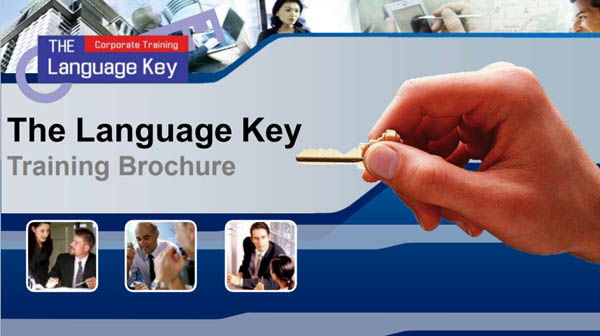In-Depth Tips from Dr English
 Dr English is the resident expert in language and communication training at Workplace English Training E-Platform (WETE). The informative and often in-depth articles below will help more advanced learners to understand and improve various aspects of their English, especially the English they need for work. You can read Dr English's tips on your PC, laptop or mobile device. These articles are only available for members of WETE. If you would like to subscribe and receive email notifications of future postings, please subscribe by clicking the Newsletter link above.
Dr English is the resident expert in language and communication training at Workplace English Training E-Platform (WETE). The informative and often in-depth articles below will help more advanced learners to understand and improve various aspects of their English, especially the English they need for work. You can read Dr English's tips on your PC, laptop or mobile device. These articles are only available for members of WETE. If you would like to subscribe and receive email notifications of future postings, please subscribe by clicking the Newsletter link above.
Tips for Networking when Business Socialising |
|
7. Don't blend; circulate. Spend five to seven minutes with each person or group. 8. Always remember to close a conversation. Shake hands and take your leave.
Only appropriate if you know they smoke:
Keeping a Conversation Going
Ending a Conversation Politely
|
|||||
Business Presentations: Referring to Visual Aids (Useful Language)
Accurately Writing Numbers as Words
Giving Advice and Making Suggestions: Varying the Level of Formality
Business Email: Referencing in the Opening Paragraph
Plain vs Confused Language
Using Capital Letters in your Writing
Tips for Editing Business Documents
Achieving Emphasis in Business Writing
Language Tips for Business Meetings
Study Skills to Improve your English
Replacing “if”, Omitting “if”, “if” vs “when”, “if" vs “in case”
Questioning Techniques: 5 Types of Question Structures
Knowing When to Use the Passive Voice
Tips for Gender Neutral Business Writing
10 Common Grammatical Errors made by Hong Kongers
Responding to Compliments Gracefully
Complimenting Someone at Work
Expressing Empathy at Work
10 Job Interivew Tips in English
Subscribe to Workplace English Training E-Platform
Improve your business English through the world’s best and most comprehensive online platform

INCLUDES:
 Business English level test
Business English level test
 2000+ online lessons/interactive exercises
2000+ online lessons/interactive exercises
 My Learning Path module (members build their own courses from our content).
My Learning Path module (members build their own courses from our content).
 My Courses module (members can select from a number of course options).
My Courses module (members can select from a number of course options).
 Database of sample business documents
Database of sample business documents
 Library of 2600+ downloadable offline training resources
Library of 2600+ downloadable offline training resources
 Podcast lessons, tips, ebook training guides, fun stuff
Podcast lessons, tips, ebook training guides, fun stuff
 Student Helpline
Student Helpline
Key Benefits
- Focus only on the English you need for work.
- Learn at your own pace in your own time.
Latest Newsletters
- Business Word/Phrase of the Day - WORK OVERTIME
- Business English Tip of the Week - Using Prepositions of Place
- English Bites! - Verb + Preposition Combinations
- Workplace English Podcasts - BEP42: Clarifying and Confirming Instructions
- In-Depth Tips from Dr English - Tips for Networking when Business Socialising





 Here's a posting on a topic we haven't covered before but one which is becoming increasingly important to business executives.
Here's a posting on a topic we haven't covered before but one which is becoming increasingly important to business executives.
